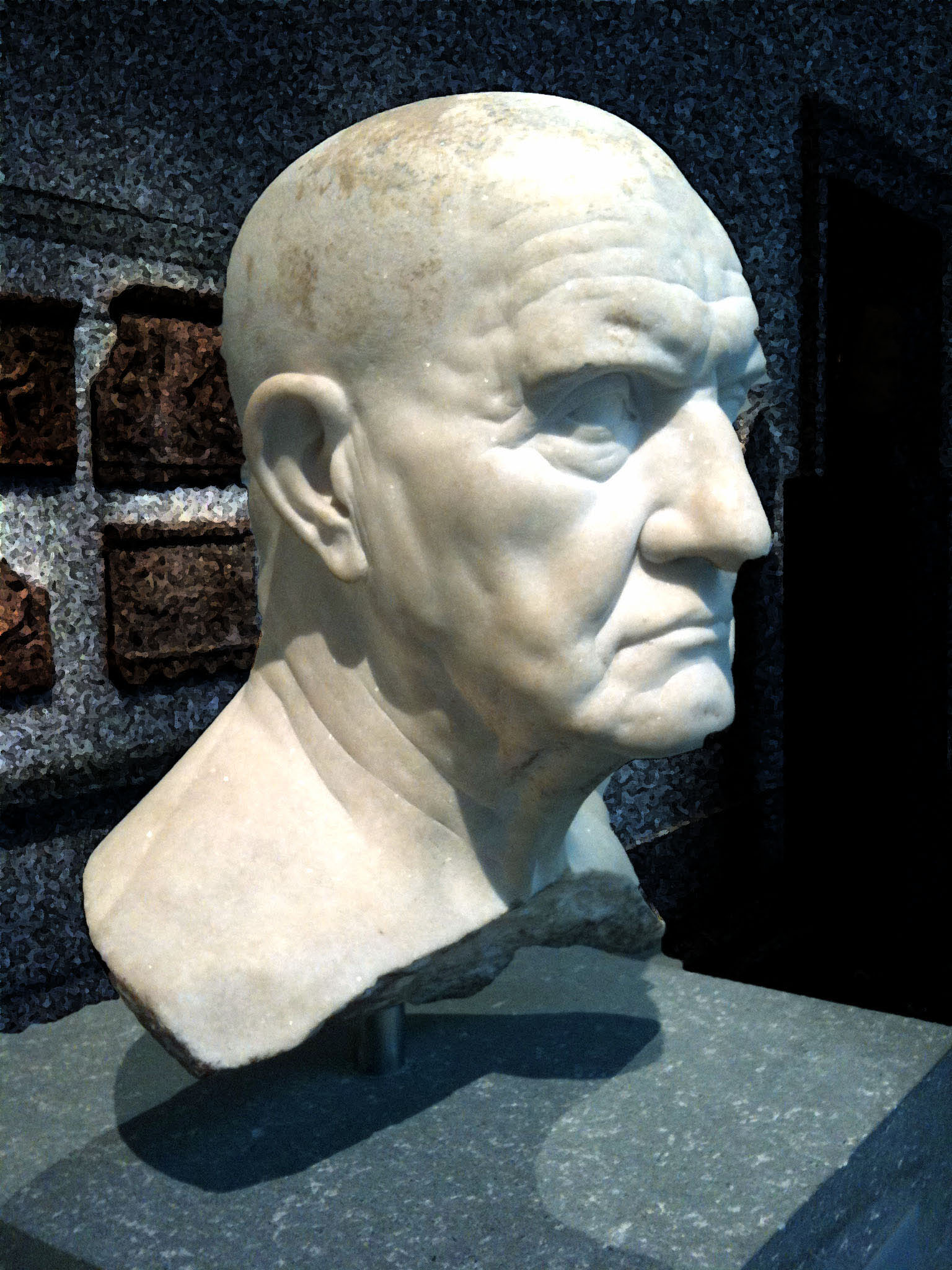But lately, I've been exploring the historical roots of the word Sati, which is the ancient Pali word translated as mindfulness. Experts tell us that the true definition of this term is more like "remembering", or "recollection." There seems to be an obvious and intimate connection between awareness and remembering. We probably won't remember what we aren't aware of in the first place. And we often need to remember what we are doing, where we are, or what we're supposed to be paying attention to.
It could be argued that mindfulness is the practice of remembering. We sit down, select an anchor, (like the breath or the whole body), and remember our anchor, over and over. The mind wanders off somewhere, there is a moment of seeing this, and we recall our intention to be focused somewhere else. We don't judge or scold ourselves, as wandering is the normal function of our brains.
In daily life as well, we often forget things, like our keys, or our phones. Maybe we forget a name of a neighbor. Harvard Health calls this type of forgetting , "absentmindedness"- the forgetfulness that arises from distraction, from not paying attention in the first place.
But we can also get so lost in our heads that we forget our bodies, and our breathing. We can forget our goals and aspirations. We can lose track of our values or a sense of who we are as a person. We can forget our history- both personal and as a nation. We forget to be present for the people we are closest to. Religious people might say that we can forget about our source, or our creator.
In the classroom, we see instances of forgetfulness every day. Students forget assignments or supplies. They forget their permission slips for a field trip. Teachers, too, can forget.
We can live in forgetfulness as Thich Nhat Hanh says- and that is the opposite of mindfulness.
Even the injunction to live in the present is a reminder to remember where we are, and what's happening in each moment. When Jesus said, "He who has ears to hear, let him hear!" was he reminding his listeners to return to their senses?
Even the injunction to live in the present is a reminder to remember where we are, and what's happening in each moment. When Jesus said, "He who has ears to hear, let him hear!" was he reminding his listeners to return to their senses?
 |
| Roman bust 1st century BC |
 |
| Vanitas, by Champaigne, 1671 |
At a conference we once did an exercise inspired by the Daily Examen of the Ignatians. In
There are also medical issues around memory, related to dementia and alzheimer's, which are being studied as they relate to a mindfulness practice. My father, portrayed here in a charcoal drawing, suffered from dementia toward the end of his life. Much more is needed to study in this area.
In his famous Ted talk, the writer Joshua Foer ("Feats of memory anyone can do") relates his foray into the arena of world class memorizers, and his subsequent victory in a memory competition. But he ends his talk with a quote, which could be included in any discussion of mindfulness- and living a good life:
If you want to live a memorable life, you have to be the kind of person who remembers to remember.

Comments
Post a Comment